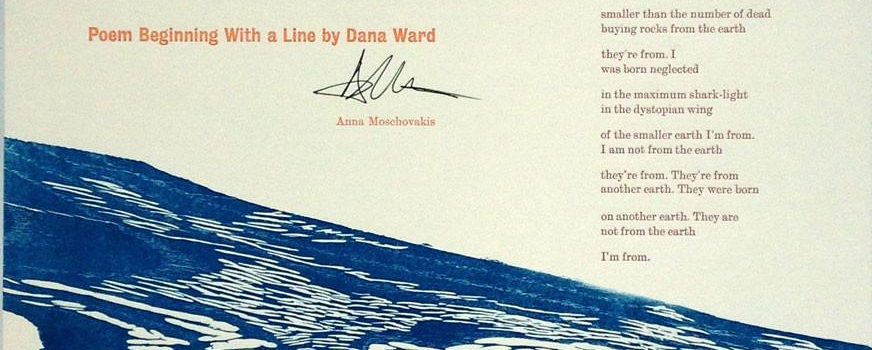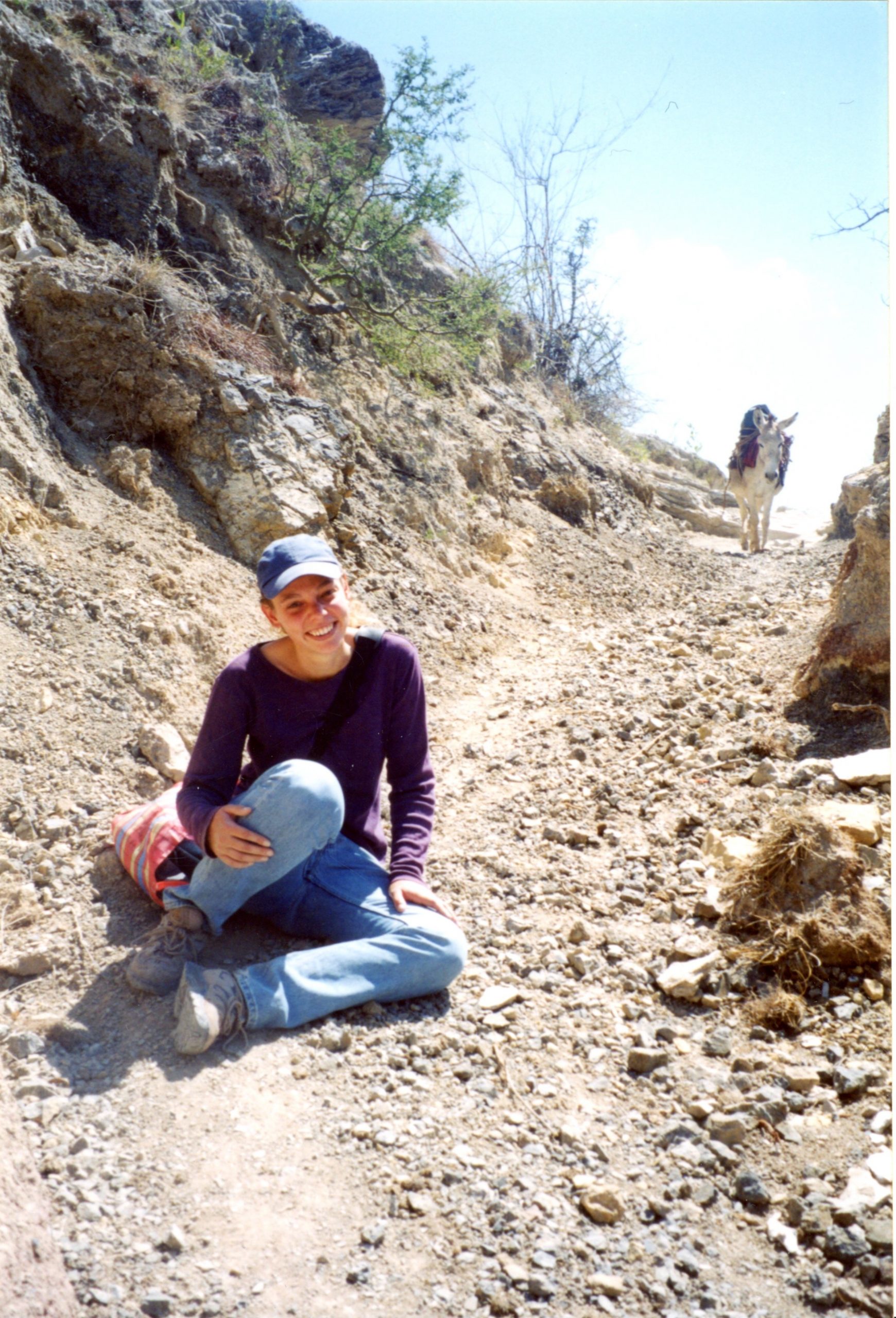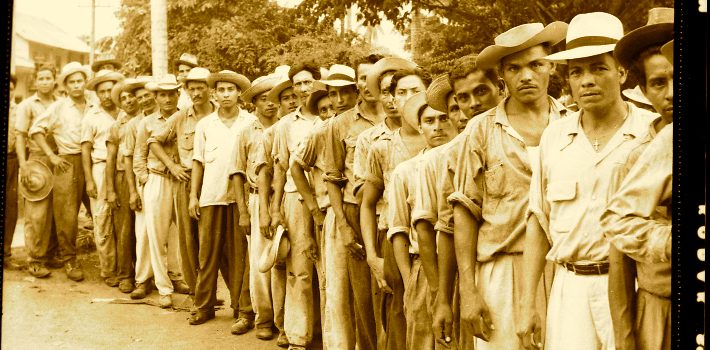Interview with Sarah Hines, author of “The Power and Ethics of Vernacular Modernism: The Misicuni Dam Project in Cochabamba, Bolivia, 1944–2017”
Sarah Hines is an assistant professor of history at the University of Oklahoma. You can read her new article, “The Power and Ethics of Vernacular Modernism: The Misicuni Dam Project in Cochabamba, Bolivia, 1944–2017,” in HAHR 98.2.






